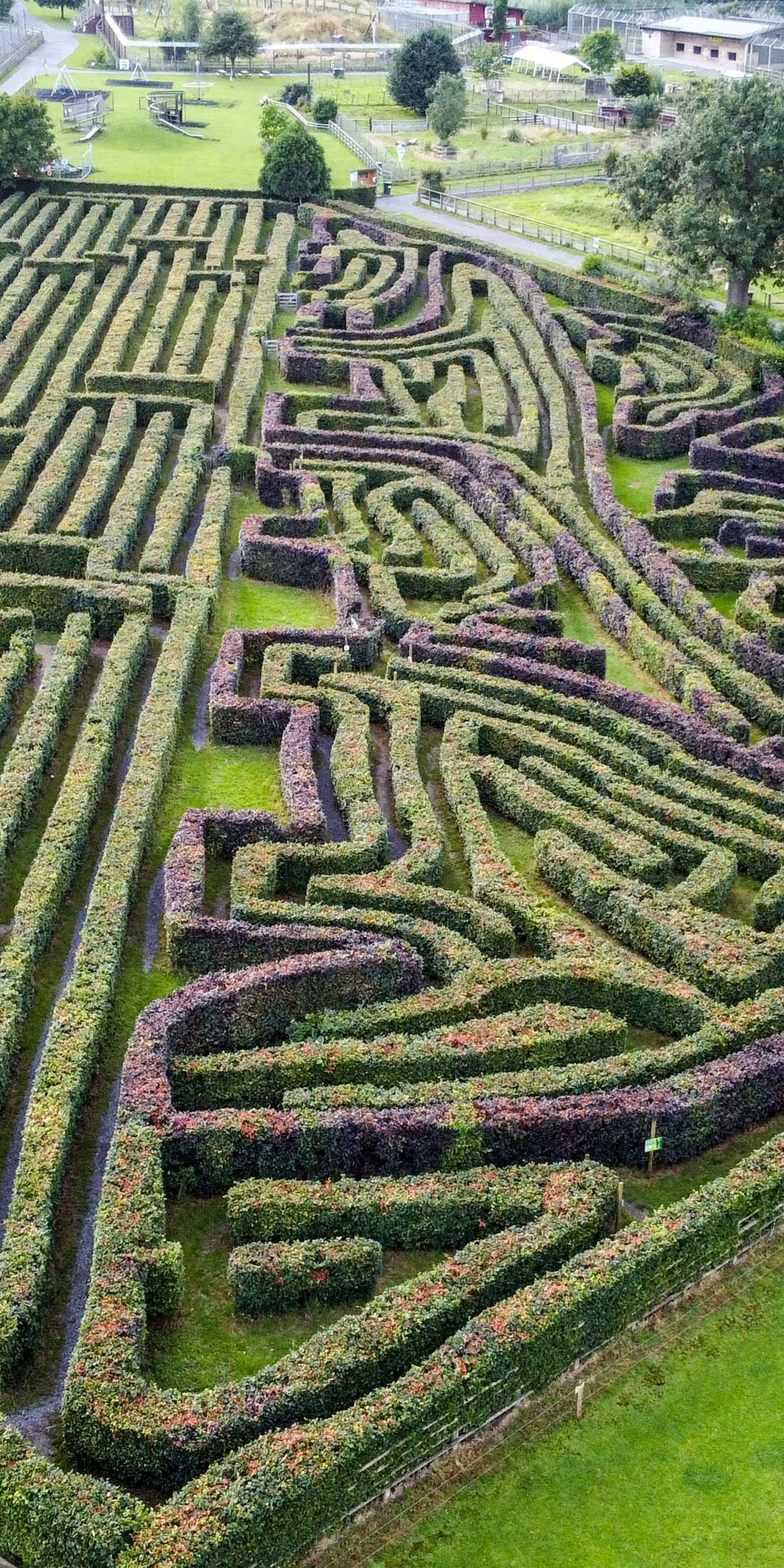What makes a good zoo, and are they important for the long-term survival of species?
26th Sep 2014
Modern zoos are much more than a collection of weird and wonderful animals. For many species, zoos can provide them with a quality of life as high as they would experience in the wild, or provide necessary care for animals which can't survive any longer in their natural habitat. In some cases, the quality of life can be higher: gone is the threat of predators (and the stress that comes with it), the pain of illness and injury, the irritation of parasites.
A good zoo will give its animal’s protection and care; but what does a zoo offer to the wider world (people!) in general? Here are three of the most important elements of any good zoo:
Education - There’s nothing like being up close and personal with a truly magical animal, watching it go about its daily life. For many children born and bred in the city, they may be used to seeing pigeons and foxes, but imagine how their faces will light up when they come close to a lion or giraffe. Yes, wildlife television documentaries have become more impressive over the years, but that doesn’t beat seeing a creature in the flesh and absorbing its every move. Education starts with this hands-on approach, and children (and adults!) are likely to gain a greater understanding and appreciation of wildlife; motivating them to protect the animals. At Noah's Ark, some of our visitors become so attached that they choose to adopt an animal; it's available for a variety of species, from elephants and tigers to owls and meerkats. Noah’s Ark Zoo Farm also provides unique Zoo Keeper Experiences for animal-lovers of all ages, which won us a finalist place for ‘Tourism Experience of the year’ in the 2013 Bristol Tourism and Hospitality Awards.
Conservation - It’s no exaggeration: a vast number of species are becoming extinct across the globe, and many are becoming increasingly threatened, usually by us humans. There are only a few hundred Sumatran Tigers, for example, left in the world and Gibbons are one of the most endangered ape species. Conservation should be an important objective for all zoos; zoos can protect these animals from extinction, and a fair few species exist only in captivity, with many more only still around because they have been reintroduced from captive populations like zoos. To put it simply, without zoos there would be fewer species alive today, and the world would be a poorer place for it. Many zoos in the UK are working hard to fight this cause and conservation news often makes the news. The recent panda news from Edinburgh Zoo, for example, is a prime case of the public being captivated by the efforts of a breeding program and eagerly awaiting for positive news - obviously it helps when the focus is a flagship species like Pandas. It's important in these instances not to get carried away with the 'cute' side of a story though and forget what's important for the individual animals themselves.
There are also events going around the world such World Rhino Day, with Singapore Zoo launching a month-long rhinoceros conservation awareness campaign. But don’t forget, it’s not just pandas and rhinos that are at risk; entire groups - bats, for example - can be suddenly threatened with extinction.
Research - In order to save many wild species of animals, we really need to do our homework. We need to know how they live, react and act on a daily basis. Researching and studying animals in a zoo reduces both the risk and the variable changes. This research can make a real difference to conservation efforts, as well as reducing human-animal conflicts in the wild. For example, the knowledge in zoos for doses of anaesthetics etc. can have a real influence when it comes to capturing or moving dangerous animals. In parts of Africa, research is helping to improve relations between local farmers and the elephant herds which have previously devastated their crops - a very real tension for poor communities who rely on farming for their livelihood. Zoos can be safe havens for animals and are essential for the long-term survival of many species.
But what do you think? What, in your opinion, is the best thing about zoos? We’d love to hear from you.


